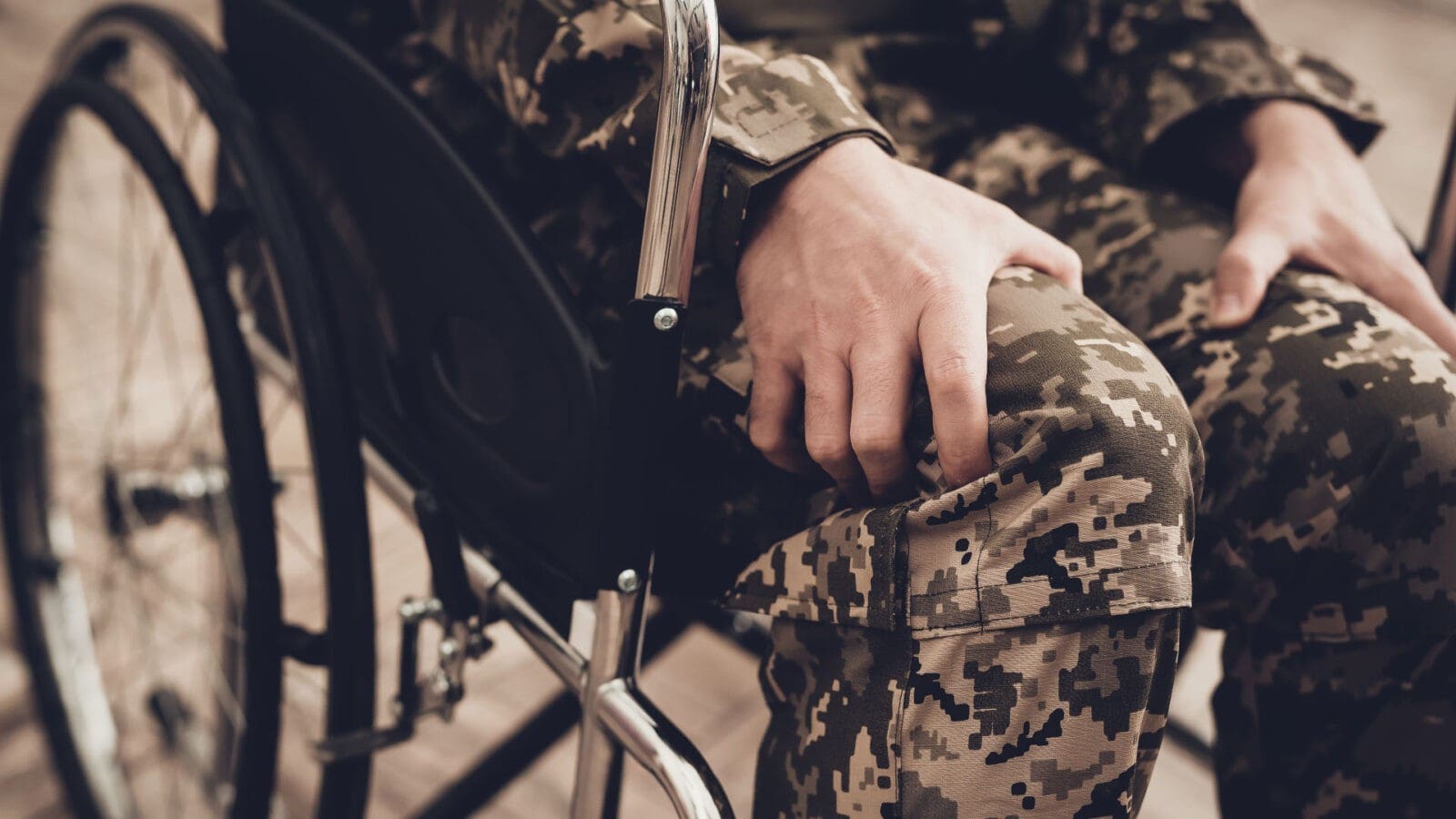Absolutely the best attorney for getting your VA benefits. After 7 years of denial, I found Brendan Garcia of VetLaw, He reviewed my case, set up a plan , scheduled my video hearing in front of a Veteran law judge, flew out to Phoenix to be there with me during the hearing. Hired a doctor to help draft a report to help my case. When all the smoked cleared, I’m now collecting max disability monthly, back pay beyond my wildest dreams. Brendan Garcia never stopped. He is an expert in Veterans law. Best decision of my life was to have him on my side. Bar none, Brendan is a terrific VA benefits attorney!
VA disability compensation is designed to provide benefits to veterans who are now dealing with a disability connected to their active duty service. Below we’ll break down the three main eligibility requirements for receiving disability compensation from Veterans Affairs.
These include veteran status, a current disability, and a relationship between your current disability and your time in service. While it sounds simple, these three components of a VA disability award can actually be very complicated.
Here at VetLaw, our experienced team can help you determine how to convince VA that you meet all three requirements in order to obtain VA compensation.
We also work together with you to gather additional evidence and prepare your case for entitlement to benefits. Schedule a free consultation by calling (855) 500-4672 or filling out a contact form.
What is the Significance of Veteran Status?
The first step in proving entitlement to VA disability compensation is showing that you qualify for veteran status in VA’s mind. Unfortunately, depending on when you served there may be different regulations outlining how long you had to serve on active duty. Reservists and National Guard veterans seeking benefits often have more stringent requirements.
While any physical injury incurred on active duty, including any training duty, will assist you in qualifying for veteran status, only certain periods of service qualify veterans for presumptions related to certain diseases.
The current initial application form for VA benefits, VA Form 21-526EZ, requires claimants to state exactly when they served on active duty, including any periods of active or inactive duty for training that serve as the basis for injury or disease.
Discharge under Honorable Circumstances
In addition to meeting required minimums for time spent on active duty, achieving veteran status for VA purposes also requires a discharge other than Dishonorable in most cases. If you are unsure about your ability to qualify for veterans’ benefits based on military status, contact VetLaw to discuss your service. It may be helpful to send us a copy of your DD214 or equivalent for review.
What are the Medical Nexus Requirements?
The more complex portion of Veterans Affairs eligibility requirements involves providing adequate medical evidence. Not only do you need to be able to show a current disability, you also need to be able to trace their current medical situation to your time on active duty. While VA has to comply with the “duty to assist” and help you prove your claim to a certain extent, the more you can explain to VA about why your disability is connected to service, the easier it will be for you to prove entitlement.
VA adjudicators will use medical evidence to help prove or disprove your claim or appeal, including potentially scheduling you for C&P exams. The results of the examinations also help VA to establish a disability rating, which is based on a number of factors including its severity and how it affects your life.
As always, it’s important for you to show VA why your disability is related to active duty. Being able to provide an accurate accounting of medical care received after service can be very helpful in pinpointing when the disability may have begun. VetLaw can work with you to develop the record and obtain medical nexus evidence that may be missing in your case.
Pre-Existing Conditions
In some cases, VA will try to argue that you suffered from a condition prior to joining the military. Depending on whether your condition was noted upon entrance to active duty or not, you may have to show that the medical condition worsened during your active duty service. In any case, VA often gets this determination wrong. There are any number of conditions, including those which VA claims are congenital, that you may be entitled to receive VA disability compensation for, even if they preexisted service. Asthma is one example of a condition that VA often gets wrong when trying to make a determination of whether service connection is warranted, since many veterans may have had childhood asthma which resolved prior to service.
The Importance of Meeting with an Attorney Before Pursuing an Appeal of a VA Denial
As noted above, there are three prongs involved in obtaining VA disability benefits. VA will routinely deny veterans entitlement to service connection if they do not adequately explain why they met all three criteria.
If you have been denied VA disability benefits and you believe you qualify based on your military service, your current disability, and its connection with your active duty service, contact VetLaw to discuss your case and whether we can assist with an appeal of your VA denial.
Our team can explain these eligibility requirements in further detail and help develop your case to prove entitlement to VA disability compensation. Since VA often denies veterans’ claims, contact us today to review your case and help you determine if you qualify for compensation.










